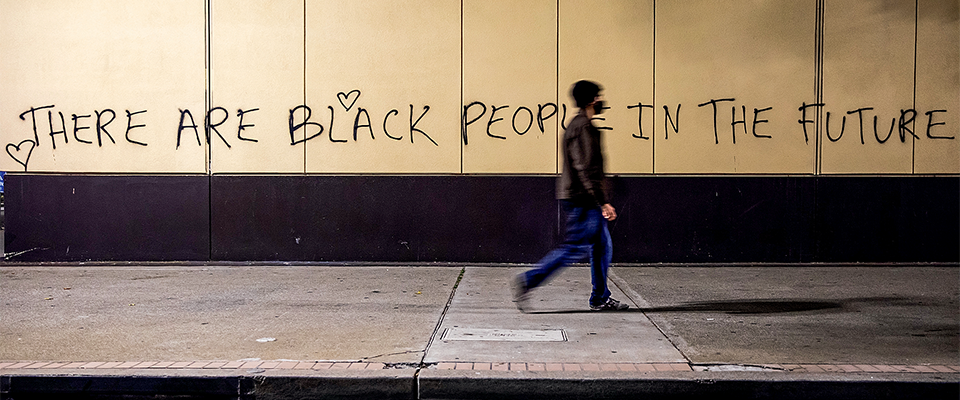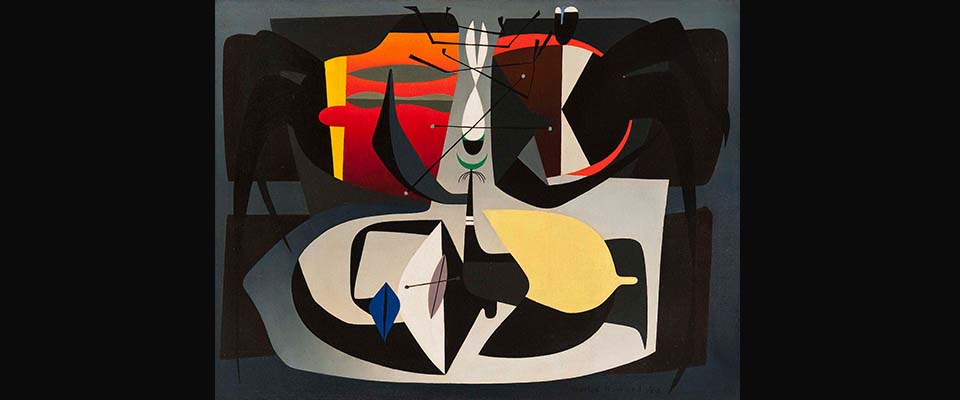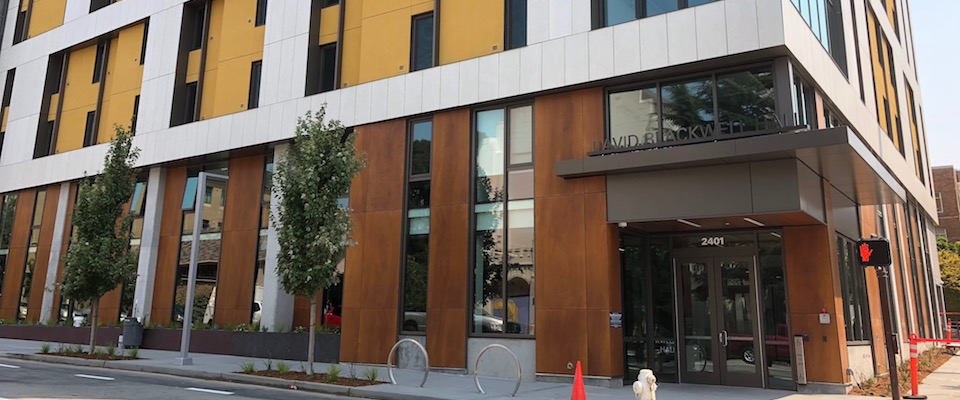“If 2021 and the coming years and decades are going to bring better, it won’t be because we ignored difficult issues.”
After we put a Black woman on the cover of this magazine (Alysia Montaño, Fall 2019), a reader wrote to say that he could think of many more inspiring cover subjects and that ours was “more appropriate for Howard U.” Howard is, of course, the historically Black college in Washington, D.C.—Vice President-elect Kamala Harris’s alma mater. What this alumnus was saying, clearly, was that a Black person did not belong on the cover of his university’s magazine.
That may seem shocking. It shocked me. And yet I doubt it would surprise most Black Cal students, faculty, or alumni, many of whom say they’ve never been made to feel welcome on campus. That was certainly the message Berkeley biology professor Tyrone Hayes sent last June. In an open letter to his colleagues, Hayes detailed his ill treatment on campus, beginning with being taken for a custodian by one of his professors. “I didn’t know they let you guys take classes,” he remembers her saying. The alleged slights and injustices continued after he joined the faculty, and the letter provided a litany of instances.
“When all I asked for was equal treatment,” Hayes wrote, “the message from everyone seemed to be, ‘you do not belong here.’”
Belonging is at the heart of the roundtable discussion in these pages, which features a select group of Black students, staff, faculty, and alumni to whom we posed the question: “How do we make Black lives matter at Berkeley, and beyond?” Admittedly, the phrasing is a bit problematic. As one of the panelists, Assistant Vice Chancellor and Director of Undergraduate Admissions Olufemi Ogundele, put it, “When we talk about ‘How do we make Black lives matter,’ I think the big question is, who is the ‘we’ that we are trying to get these Black lives to matter to?”
One space on campus that Black Berkeley students long ago carved out for themselves is the wall in front of the Golden Bear Café on Sproul Plaza. As contributor Ande Richards observes, “the wall” itself is a “simple, nondescript concrete structure” standing only a “few feet high,” but it looms large in the lives of the students who congregate there weekly for Black Wednesday.
While Black graduates are a small minority of Cal alumni, they have left their mark on the world, and continue to do so, in all walks of life. Among the Black voices featured in this issue are those of artist and astrophysicist Nia Imara (see “Reach for the Stars,”), poet and 2020 MacArthur Fellow Fred Moten (“The Right to be Obscure,”), and Pulitzer prize-winning cartoonist Darrin Bell, who drew the provocative, and thought-provoking, cartoon.
I opened this note with a letter from a reader. I’ll close with another, from an alumnus who, in response to our last issue about the 150th anniversary of women at Cal, wrote that “many of us are weary of identity politics” and asked that we “please write about something else.”
Man, I couldn’t agree more. I’m also tired of masks and social distancing and hurricanes named for Greek letters and smoke from wildfires blotting out the summer sun. Which is to say I’m tired of 2020, our annus horribilis. Good riddance to it.
But I’ll say this as well: If 2021 and the coming years and decades are going to bring better, it won’t be because we ignored difficult issues. It will be because we had the courage to confront them head-on and change things for the better.
Happy New Year everyone.





















